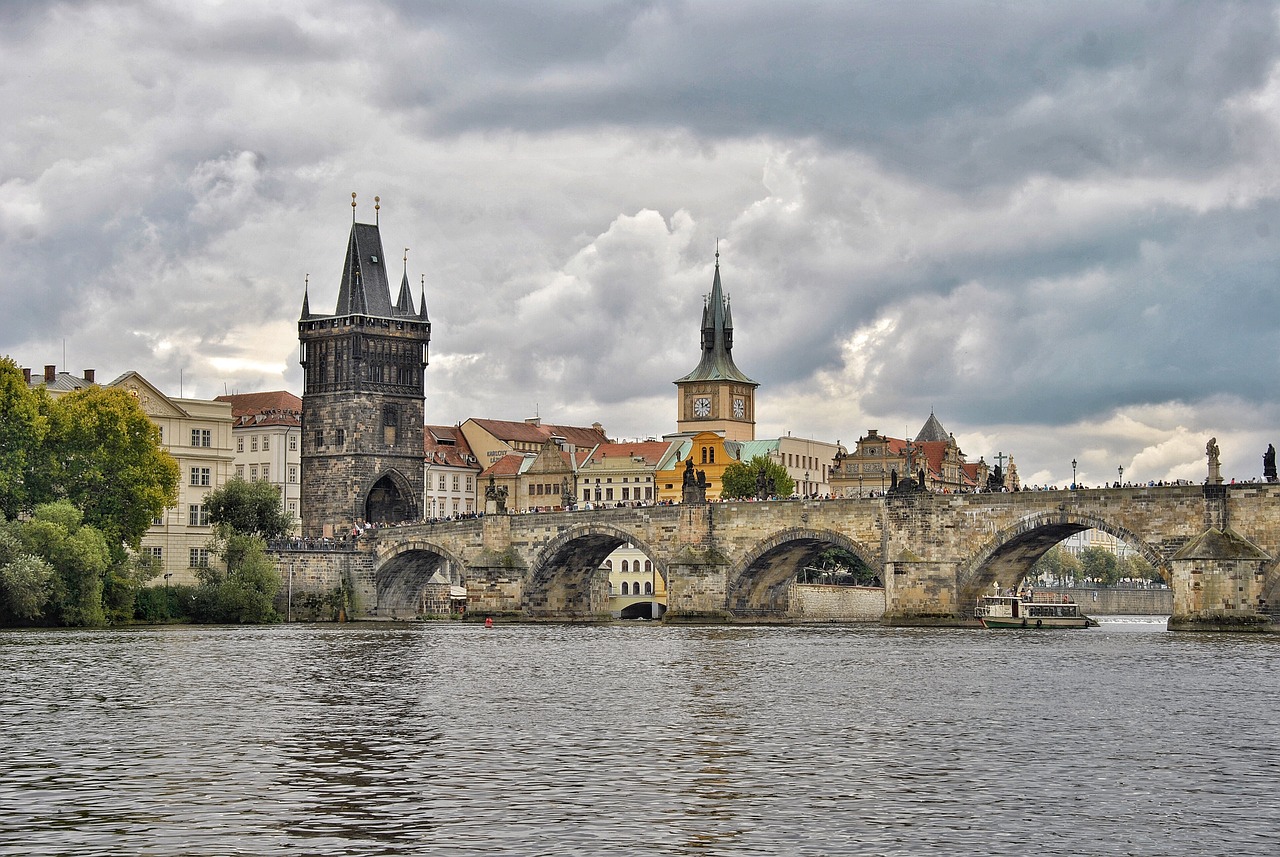
Moldova’s aspirations to join the European Union represent a delicate interplay between the optimism of integration and the pragmatism of realpolitik. This small, landlocked nation, nestled between Romania and Ukraine, views EU membership as a path to economic stability, political reform, and security. Yet, the journey towards EU accession is laden with challenges, both internal and external, that encapsulate the broader complexities of regional geopolitics and internal governance.
Moldova’s pro-European trajectory was significantly bolstered by the signing of the Association Agreement with the EU in 2014, which deepened political and economic ties. This agreement, along with the introduction of a visa-free regime with the EU, was hailed as a landmark step towards eventual membership. It reflected Moldova’s commitment to the European path, advocating for reforms in governance, the rule of law, and human rights, aligning with EU standards.
However, the road to Brussels is not straightforward. Domestically, Moldova grapples with endemic corruption and political instability, hurdles that undermine its EU ambitions. Despite several reforms, the pace of change has often been slow, marred by political infighting and resistance from vested interests. The need for comprehensive judicial reform, effective anti-corruption measures, and strengthening democratic institutions remains critical for Moldova’s EU bid.
Economically, Moldova’s reliance on agriculture and remittances presents another challenge. Diversifying its economy and developing sustainable sectors are essential for meeting the EU’s economic criteria. The EU has been instrumental in this regard, providing financial aid and technical assistance to bolster Moldova’s economic resilience and integration into the European market.
Externally, Moldova’s EU aspirations are influenced by geopolitical dynamics, particularly its relations with Russia. Moscow has historically wielded significant influence in Moldova, notably in the breakaway region of Transnistria. Russia’s role in Moldovan affairs, from energy supply to political leverage, is a complicating factor in Moldova’s European integration efforts.
Moldova’s strategic location also places it at the crossroads of EU and Russian interests, a position that requires astute diplomatic balancing. The EU, while supportive of Moldova’s European path, must navigate this geopolitical sensitiveness, particularly in the wake of heightened East-West tensions.
In recent years, Moldova has seen a renewed impetus for EU integration. The election of pro-European President Maia Sandu in 2020 was a significant milestone, signaling a potential shift towards more robust reforms and closer alignment with EU standards. President Sandu’s administration has emphasized the fight against corruption and judicial independence, key areas of reform expected by the EU.
In conclusion, Moldova’s EU ambitions are a journey marked by the interplay of hope and realpolitik. The nation’s path towards EU membership is not just a reflection of its aspirations but also a litmus test for the EU’s influence and commitment to expansion in Eastern Europe. As Moldova navigates its internal challenges and external geopolitical pressures, its pursuit of EU membership remains a barometer for the region’s broader dynamics of integration and identity.






